What you should know if you’re going green with your property portfolio this year
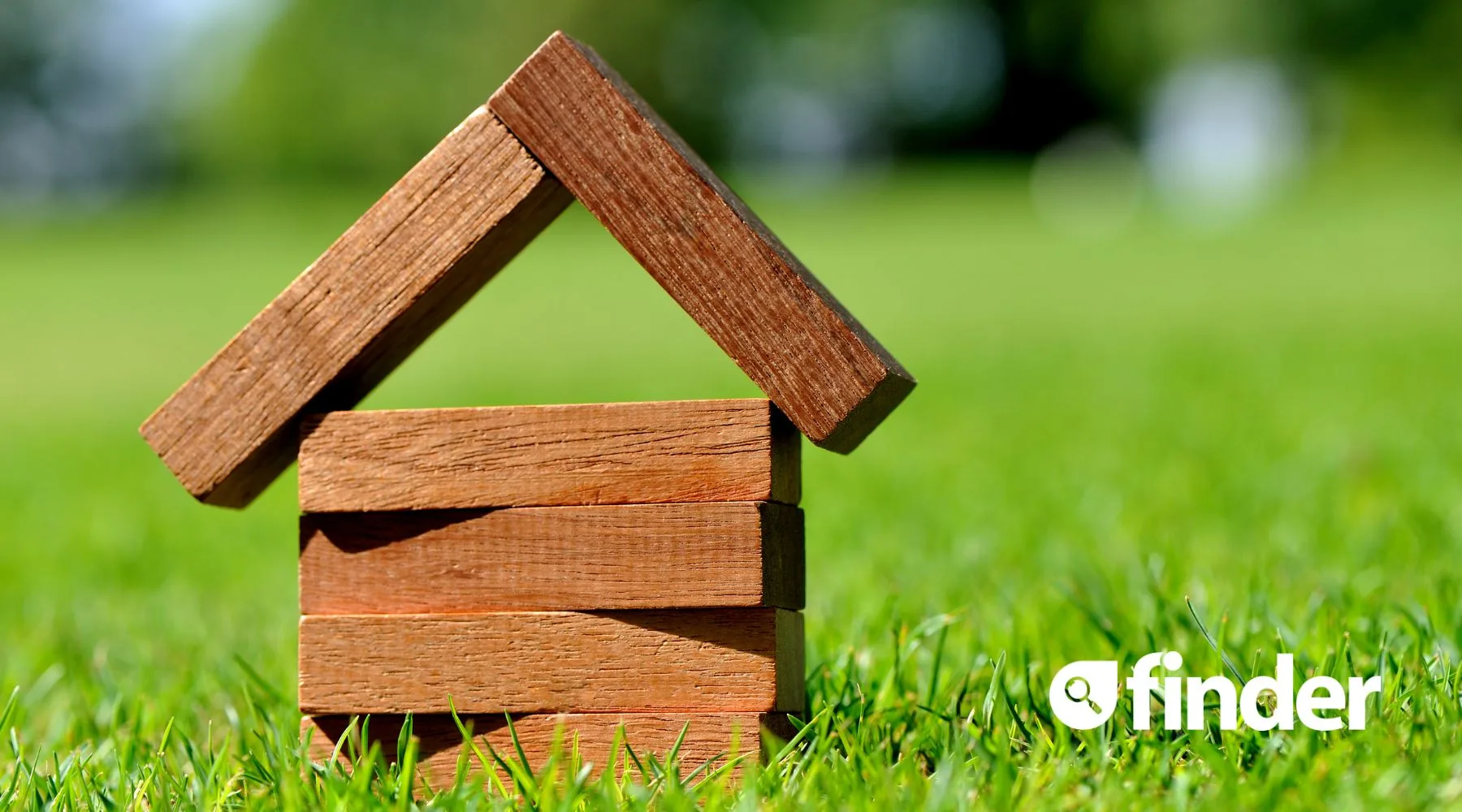
How turning your property investments green can save you money – and the planet.
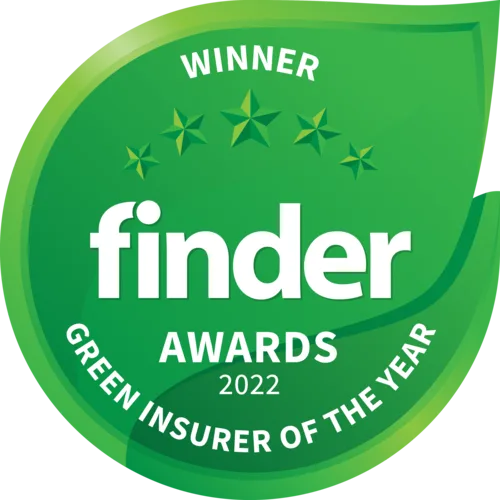
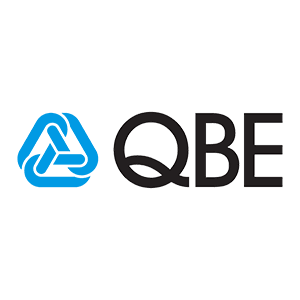 Sponsored by QBE – helping customers learn more about lenders mortgage insurance (LMI). Learn more on Finder's LMI hub, brought to you by QBE Insurance. Providing LMI since 1965.
Sponsored by QBE – helping customers learn more about lenders mortgage insurance (LMI). Learn more on Finder's LMI hub, brought to you by QBE Insurance. Providing LMI since 1965.
Looking for ways to make your property portfolio a bit greener – well, aside from the lawn?
There are a few ways that you can make your properties more eco-friendly, whether you're in maintenance mode or looking to expand your portfolio further.
1. Opt for greener finance
Going green can actually start with the way you finance your portfolio. The 2022–2025 Housing Outlook: Green Edition, commissioned by QBE LMI, notes that the market for green and sustainable finance in Australia is expanding.
Green or sustainable finance means loans provided for eco-friendly purposes or funded from ethical sources, usually offered by companies that also invest in green, sustainable industries.
It can also refer to lenders who offer loan products specifically geared towards "green" projects. For example, some lenders are now offering specific loans for projects like building new homes with sustainable materials or renovating to install solar panels.
This interest has been driven by a variety of factors, including a greater demand from the public for responsible corporate practices and a wider awareness of the risks of climate change.
Many green home loan providers are also incentivising these loans, which can help lead to savings over the lifespan of the loan.
QBE LMI has also recently launched a 5% rate discount on lender's mortgage insurance to its participating exclusive partners, designed to help increase the affordability of green home ownership*.
So when you're next applying for a loan or refinancing, you may want to speak to your lender about green finance.
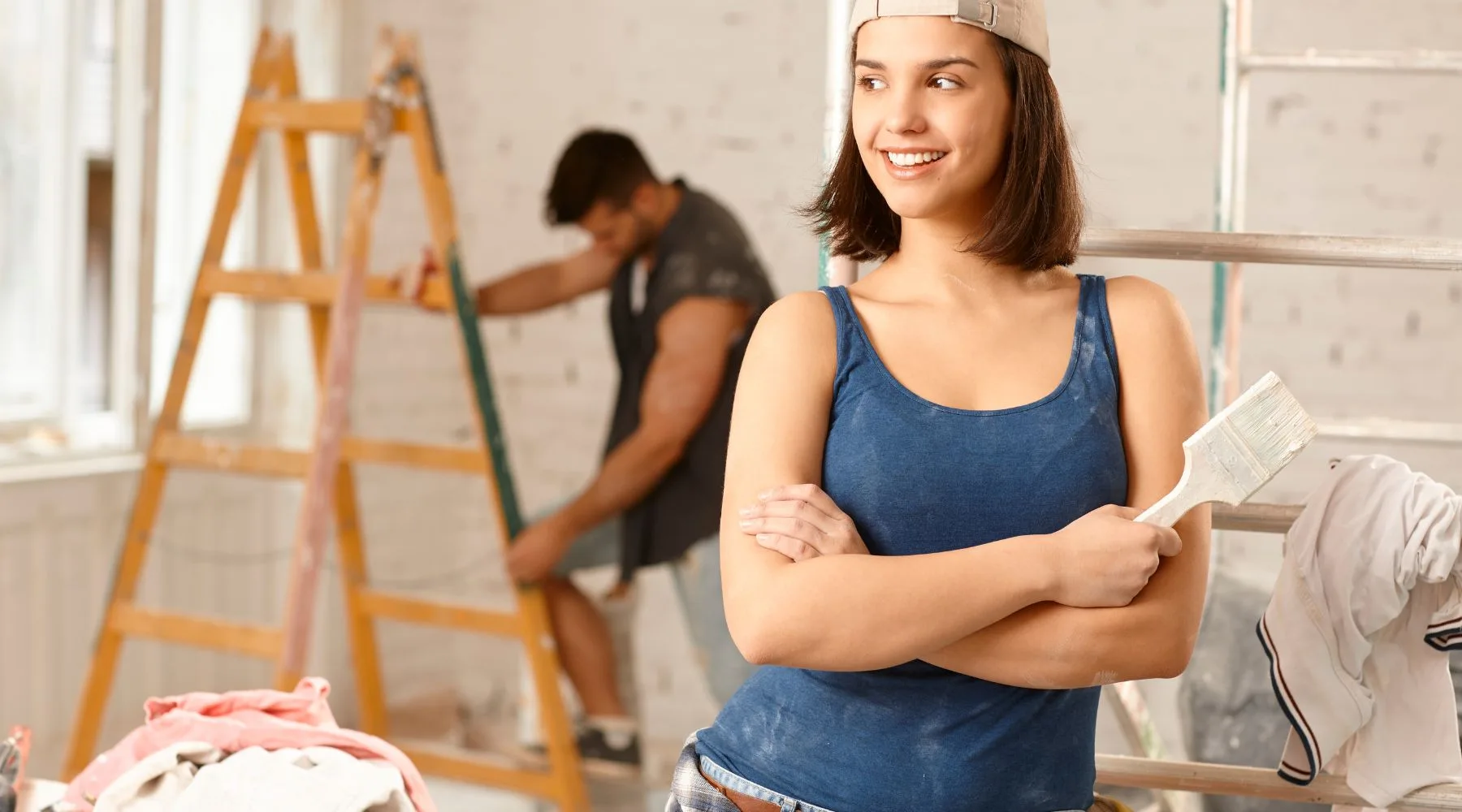
2. Use reclaimed materials in renovations
Renovating a property can yield a wide range of different benefits. First and foremost, it can increase the functionality and value of the property.
In turn, this can lead to the ability to charge higher rent. Additionally, it's got greater potential as collateral when you're applying for future loans.
But renovations can also be expensive.
This is where using reclaimed materials can be a great idea. They help prevent waste and they can enable you to create a specific look or theme within your investment property.
Importantly, reclaimed materials tend to be substantially cheaper than using brand new ones.
As the materials already exist, you're immediately cutting out the manufacturing costs. Depending on where you source your materials from, you can often make substantial savings on transport costs, too.
3. Install solar panels
Solar panels have seen a huge boost in popularity over recent years, thanks to a combination of government incentives, falling costs and greater mainstream acceptance.
They're also a great way to enhance the sustainability of a property and to save on energy bills.
Although there can be some initial expense for set-up, solar panels are widely regarded as a great way to offset your energy costs and carbon footprint.
And when you consider some of the financing options and government rebates available, they can end up being more affordable than you might think.
Further down the line, solar panels can also increase the resale value of the property too.
4. Insulate your properties
Given the extreme weather conditions that can occur in Australia, it makes sense to look for ways to beat the heat and block out the cold – without breaking the bank.
It's a concern that has taken on even more urgency since energy price rises have started to come into effect.
Insulating your property is a great way to make the place more comfortable for any tenants, while also cutting back on your overall maintenance costs.
In fact, opting for insulation can lead to savings of up to 15% on heating and cooling costs.
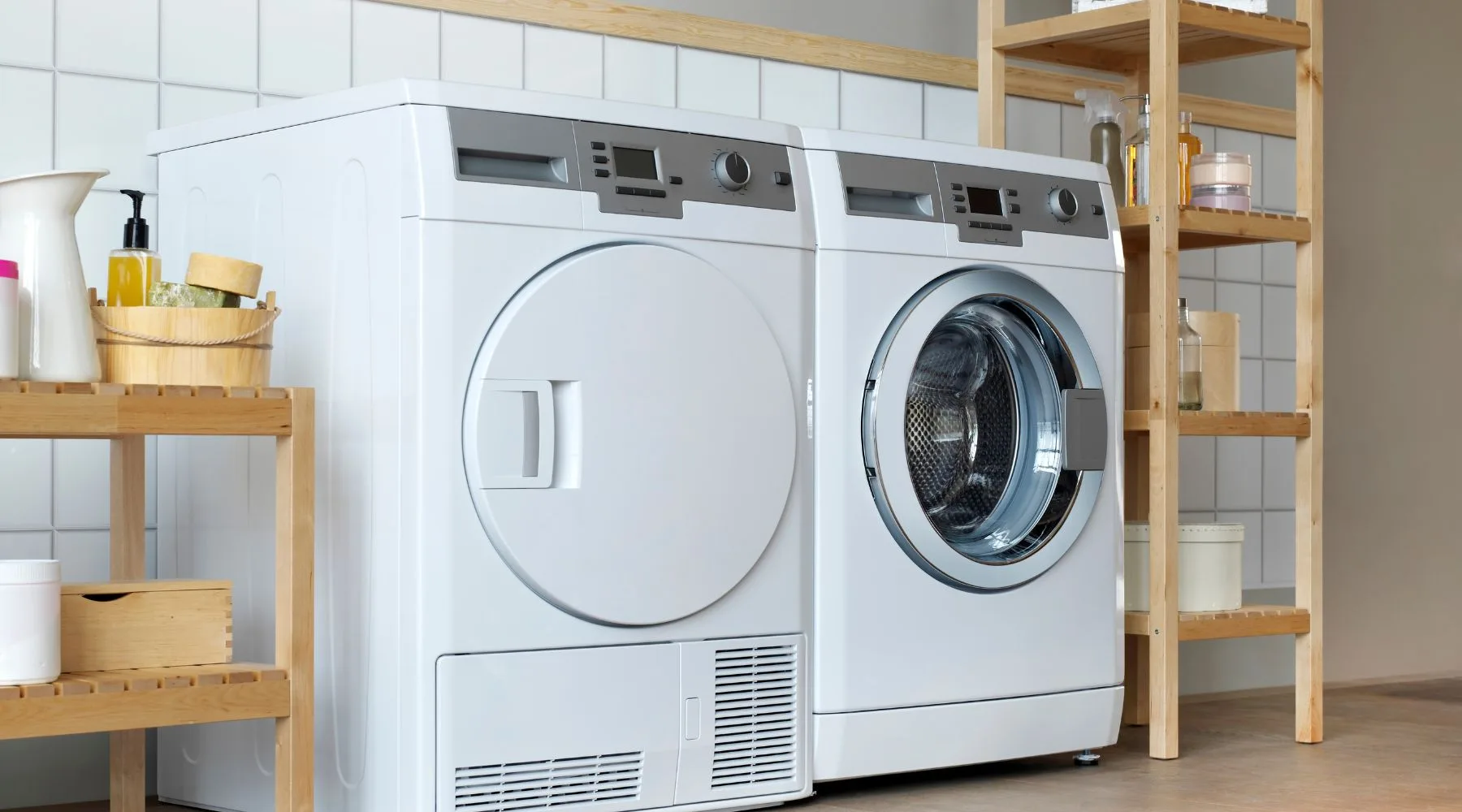
5. Invest in eco-friendly appliances
How much you're furnishing your properties will likely depend on whether you use it as a long-term rental or as a place for short-term homestays.
But if you are providing appliances for guests and tenants, it may be worth reassessing how eco-friendly your current set-up is.
If you haven't upgraded your appliances in a while, it's worth checking to see if there are more energy-efficient options available.
The cost of energy-efficient devices has also fallen in recent years. And you never know when you might be able to find a bargain on one either.
When you're trying to get a feel for how efficient your current – or future – appliances are, the Energy Rating Calculator is a great place to start.
It can give you a clearer picture of how energy-efficient your appliances are, as well as how much energy they're consuming.
Visit the QBE LMI hub to learn more about LMI today
Compare home loans from QBE's partner lenders
| Lenders | |||
|---|---|---|---|
 |  | ||
 |  | ||
 |  | ||
 |  | ||
 |  | ||
 | |||
 |  | ||
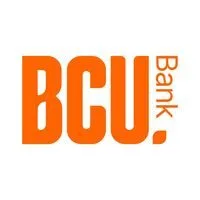 | |||
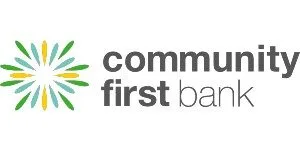 | 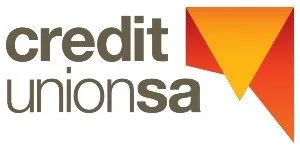 | ||
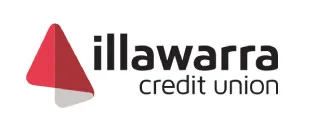 | |||
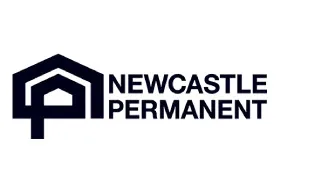 | 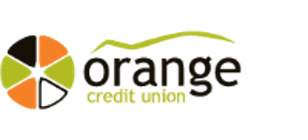 | ||
 | 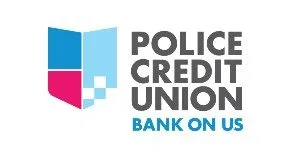 | ||
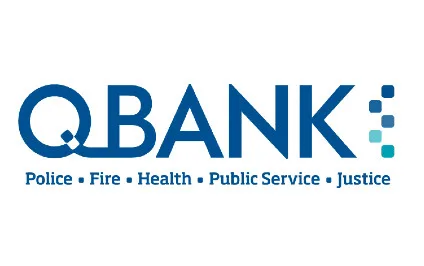 |  | ||
 | |||
 |  | ||
 | |||
 |  | ||
 |  | ||
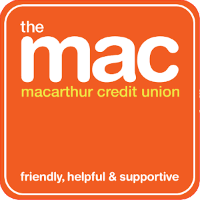 |  | ||
 |
